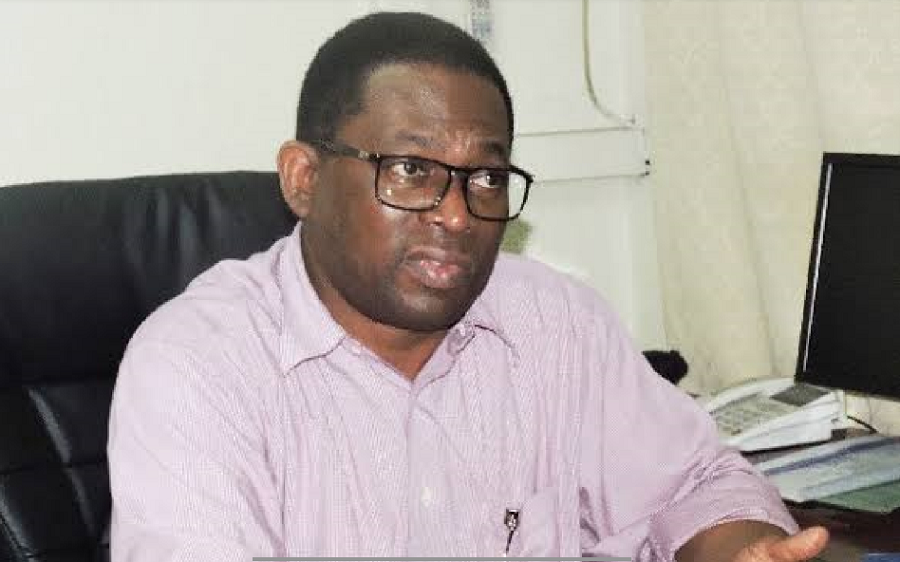 By Abiola Odutola
By Abiola Odutola
Recently, the Federal Government signed the Bilateral Air Service
Agreements (BASA) with the US, Rwanda, and India. Several industry
stakeholders have pick holes in the agreement. What is your take on the
development?
The nation does not have the capacity or equipment to compete
favorably with the countries that it signed the deal with. In most
cases, BASA entails a specific agreement between two partners, where the
parties involved will agree on the exchange of flights.
It could be 10 flights weekly from Country A and the same from the
other Country. So, if the US for instance, has done 10 flights to
Nigeria as agreed and Nigeria has not, it will not affect the US in any
way.
A few years back, the government took over the management of Arik Air
and Aero. So far, do you think the companies are better now?
I believe the airlines are trying since they are still operating
years after the development. It is not really easy to do business in
Nigeria.
In that case, how will you assess the Nigerian aviation sector?
Aviation in Nigeria is a very difficult business because the
environment is unfriendly. I won’t say it is because the government has
not provided an enabling environment and will not also say that it is
because there are problems. It is not something that has to do with this
government.
A lot of analysts have argued that the sector lacks the required structure. What is your take?
The industry has always been given a bad name in that light. It is
not that we don’t have the people to fix it, but there are different
aspects that have been compounded over the years. That is why we are
where we are today. We have lots of very qualified people, there are
lots of engineers in the United Kingdom and the United States who are
Nigerians. We have people that are overqualified, but we lack the skills
to execute the right policies to grow the sector.
Who is not doing the needful?
Government, banks, and union leaders have their own bit to do, but
for it to work, one must work in tandem with others. Banks believe that
aviation is too difficult to invest in, but that is wrong. It is not
different from other sectors. We are all in it to make profit at the end
of the day. I don’t obtain loans from Nigerian banks, because I will
end up with -25% loss or more, but that is not happening in the UK where
I pay far less interest rate. If I take such a loan in Nigeria, it
means I am -28 per cent (interest rate) in red, and by the time you get
to the top, you are owing millions. I cannot approach any of the banks
to give me local money to do business in Nigeria.
Where did we get it wrong in the Nigerian Aviation sector?
Here, we castigate investors in the aviation sector. We have
forgotten that those people have invested immensely in the sector and
they will never let it die. To an extent, we run down our economy with
our mouth, but in the UK, they always say good things about the economy,
even when it is in debt. We are not giving credit where it is due. In
the last 13 years, we have not appreciated what we have.
We have a hub here that is waiting to be tapped. From anywhere in the
world, you can get a flight to Lagos, but you can’t get such to Ghana
from anywhere in the world, and that is an indication that we have a hub
in Nigeria.
You said the union leaders also have roles to play. How?
Irrespective of what you sell, we are all in the business to make
profit. I am not a friend of labour, because I believe in collective
bargaining. But union leaders in this country are basically operating
for themselves and not in the interest of the common good of the common
man.
I am not a union person, because I am a conservative. I believe the
government cannot do everything for us. Union should intervene on a
realistic basis. An industry is failing and union is asking for more
money. Where will the investor/owner of the airline get the money from?





No comments :
Post a Comment